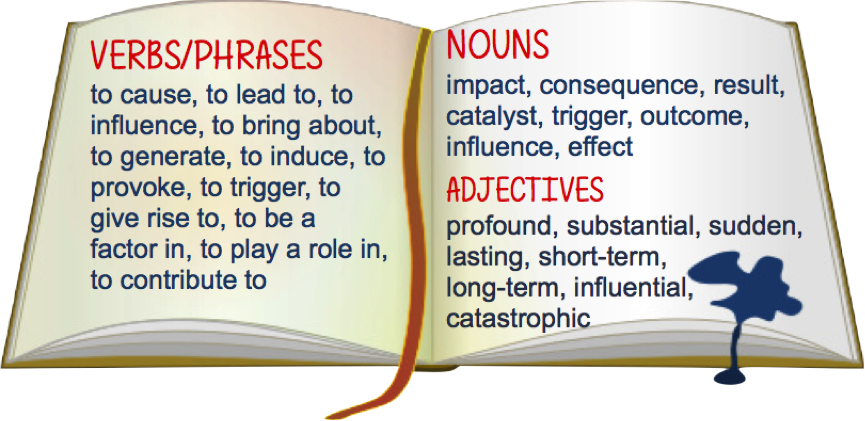Dear Year 8,
As you know, history is not a scientific experiment in which you can repeat the procedure to check the results. Instead, it is complex, unpredictable, often subjective and frequently mysterious. Historians deal with approximations of the truth, based on partial sources that may be old, open to question, written in dead languages or produced by biased people. In such an intellectual discipline, identifying cause and effect is naturally a complicated and hazardous undertaking.
But I love a puzzle. Don’t you?
It is sensible to use detached and restrained wording as you embark on any attempt to identify the causes and effects of a historical event. For instance, while a particular event might trigger another event, there are likely to have been long-term, underlying factors that led to the situation in which that “trigger” proved to be so potent. For instance, Luther nailing the 95 Theses to the door of the Wittenberg Church in 1517 (if in fact he did this) is considered to be a trigger for the sweeping changes brought about by the Reformation. Yet Luther might have failed in his endeavours or been burnt at the stake without the political support of the German princes. The undeniable greed and corruption of the Roman Catholic Church also played a significant role in Luther’s actions and increasingly rebellious stance.
Teasing out the interwoven causes, triggers and factors that contributed to an important historical event is your task below. You must also identify the short-term and long-term effects of the event you choose – either the Fall of Western Rome in AD476 or the devastation of the Black Death in 1348-9. Both are deeply significant events and of course you could write volumes on each. A carefully constructed concept map, however, based on careful research and expressed in sober, considered wording, will suffice.
Kind regards,
Ms Green
“Oh happy posterity, who will not experience our abysmal woe and who will look upon our testimony as a fable.” • Petrarch, Renaissance poet who lived in Florence
Follow Roslyn’s board Year 8 History – The Black Death on Pinterest.
Here’s a video found by Jing:
Click HERE to see on the full screen
“The decline of Rome was the natural and inevitable effect of immoderate greatness…” – Edward Gibbon, writer of The Decline and Fall of the Roman Empire
Links on the Fall of Rome
- Mr Giotto’s site: Barbarian Invasions
- Ancient Rome for Kids
- E-how: Causes and Effects of the Fall of Rome
- BBC Website: The Fall of Rome
- The Telegraph: The Fall of Rome
- History Learning Site: The Decline and Fall of Rome
- Ancienthistory.about: The Fall of Rome
- History.com: Eight Reasons for the Fall of Rome (with a video/song!)
Words for describing cause and effect in history:


http://www.dkfindout.com/uk/history/black-death/spread-black-death/\
go to website
http://www.flowofhistory.com/node/784
https://www.youtube.com/watch?v=y7OWLohZ_fs
http://historymedren.about.com/od/theblackdeath/a/death_defined.htm
Read.
http://www.history.com/topics/black-death/videos/black-plague-extinction
http://www.healthline.com/health/plague#Types2
go to website for info on the black death really helps
http://www.ancient.eu/article/835/
If anyone else is doing the fall of Rome
http://www.cdc.gov/plague/history/
Good website